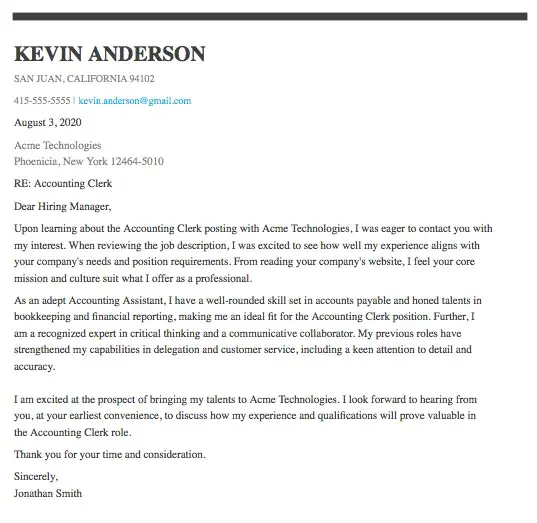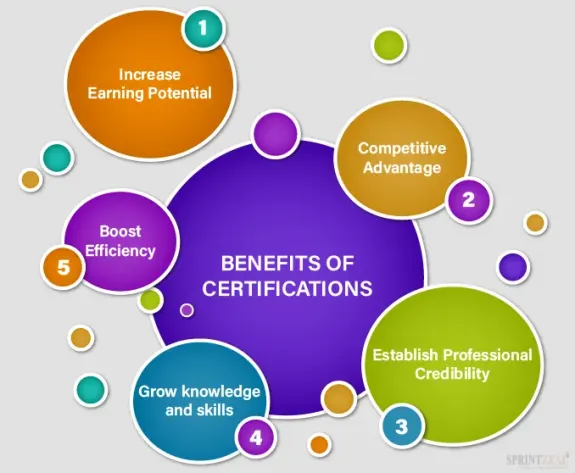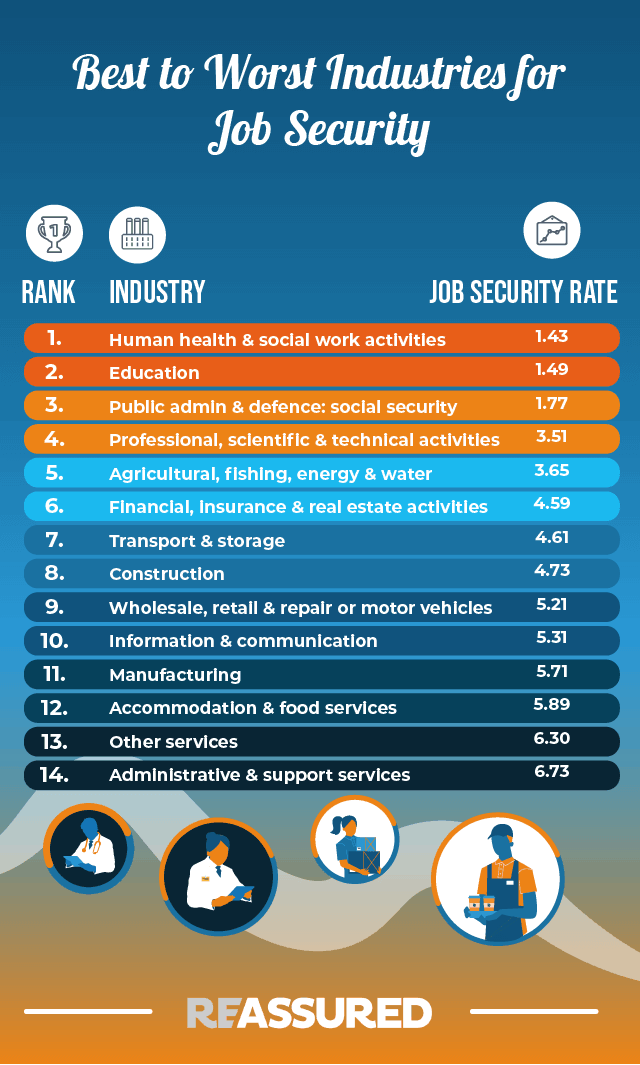Career Change Advice for Professionals: Navigating Your Next Move
Changing careers is a big decision that can be both exciting and overwhelming, especially for professionals who have spent years developing expertise in a particular field. Whether you’re feeling burnt out, seeking more challenges, or just want to explore something new, a career change can open up new opportunities and personal fulfillment. This guide will provide valuable career change advice to help you transition successfully, regardless of your background, and set you on the path to a more satisfying professional life.
Why Professionals Consider a Career Change
Many professionals decide to switch careers at some point due to a variety of reasons. Some may be seeking a better work-life balance, while others may find themselves unfulfilled in their current roles. Career changes can also be driven by changes in the industry or advancements in technology that alter the job landscape. Regardless of the reason, making a thoughtful decision is essential, as a career change can impact your financial stability, job satisfaction, and overall happiness.
Assessing Your Current Situation: Is It Time for a Change?
Before making any decisions, it’s important to assess whether a career change is the right move. Reflect on the reasons you’re unhappy or unsatisfied in your current role. Are you feeling stagnant, undervalued, or bored? If so, what are the specific aspects of your job that aren’t fulfilling? Sometimes, issues like lack of growth, poor management, or misalignment of your personal values with company goals can be addressed within your current field, rather than requiring a full career change.
Identifying Your Transferable Skills
When contemplating a career change, it’s important to recognize the skills you’ve acquired in your current role that can be transferred to a new field. For example, project management, communication, and leadership are valuable in almost every industry. Understanding your transferable skills will give you confidence and clarity as you navigate the transition, helping you tailor your resume and cover letter to highlight these strengths.
Researching and Exploring New Career Paths
Once you’ve decided that a career change is the right choice, it’s time to explore the new opportunities available to you. Start by identifying industries or roles that align with your interests, values, and strengths. Research the job requirements, potential salary, job outlook, and required skills for these roles. You can also network with professionals in these fields to gather insights and advice. Online resources such as job boards, LinkedIn, and informational interviews can provide valuable guidance as you identify potential career paths.
Making a Smooth Transition: Preparing for the Next Step
After identifying a new career path, the next step is to prepare yourself for the transition. This may involve further education, certifications, or training to fill any gaps in your skill set. It’s essential to start small and take one step at a time. Begin applying for roles or internships, volunteering to gain experience, or seeking part-time opportunities that allow you to test the waters in your new field.
Additionally, don’t be afraid to seek professional career coaching or mentorship. A mentor who has already navigated a career change can offer invaluable advice, provide support during challenging moments, and share tips on how to succeed in your new career.
FAQs About Career Change for Professionals
Q1: How do I know if a career change is the right choice?
A1: Reflect on your current job satisfaction, values, and goals. If you’re unfulfilled and have considered alternative career paths, it may be time to make a change. Take small steps to explore new opportunities before making a final decision.
Q2: What if I don’t have the right skills for my new career?
A2: Identify transferable skills from your previous roles and pursue training or certifications in areas where you feel you need to grow. Many fields offer entry-level positions that allow you to learn on the job.
Q3: How do I identify transferable skills from my current job?
A3: List your job duties and assess the skills you use regularly. Communication, problem-solving, leadership, and time management are examples of transferable skills that can be valuable in any role.
Q4: Can I change careers without taking a pay cut?
A4: It’s possible to transition to a new career without a pay cut, especially if you are moving into a high-demand field. However, be prepared for the possibility of starting in a lower position initially as you build experience.
Q5: How can networking help me with a career change?
A5: Networking connects you with people who are already in your desired industry. By attending events, participating in online groups, or reaching out to professionals for advice, you can gain insights and even job opportunities.


